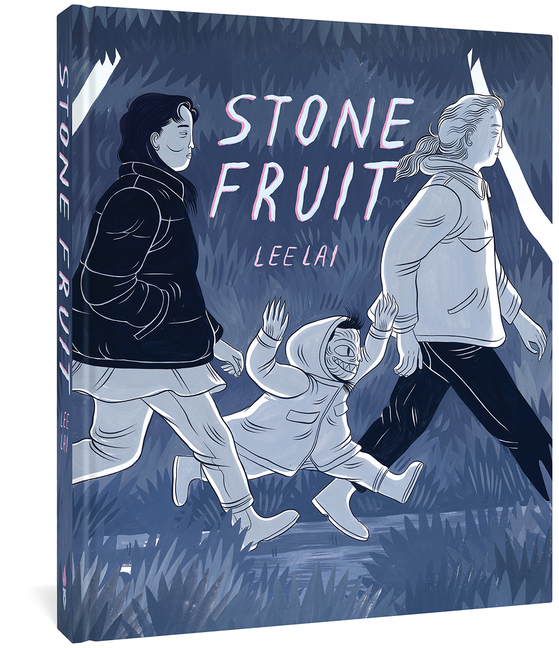A downbeat but moving exploration of the aftermath of a relationship ... if its minimalist, indie-film tone is ever downbeat, it’s also, at moments, highly affecting. But you finish it with no hope at all that its characters will ever be able to resolve their difficulties. There is something intensely bleak at its centre: a sense, perhaps, that while blood is not always thicker than water, even happily chosen families may not be able to withstand certain kinds of emotional inheritance ... it impresses from the moment we first meet Bron and Ray, a couple who relish their role as wild, alternative aunties to Ray’s six-year-old niece, Nessie ... Lai’s monochrome illustrations are, like her dialogue, spare and unyielding; she wants for a lightness – the occasional joke would help – that would imbue this story with a warmth it sometimes needs. But she tells her story with control and authority and it’s impossible not to admire the way she has made a dextrous narrative out of so much taciturnity and mossy sadness.
Read Full Review >>

